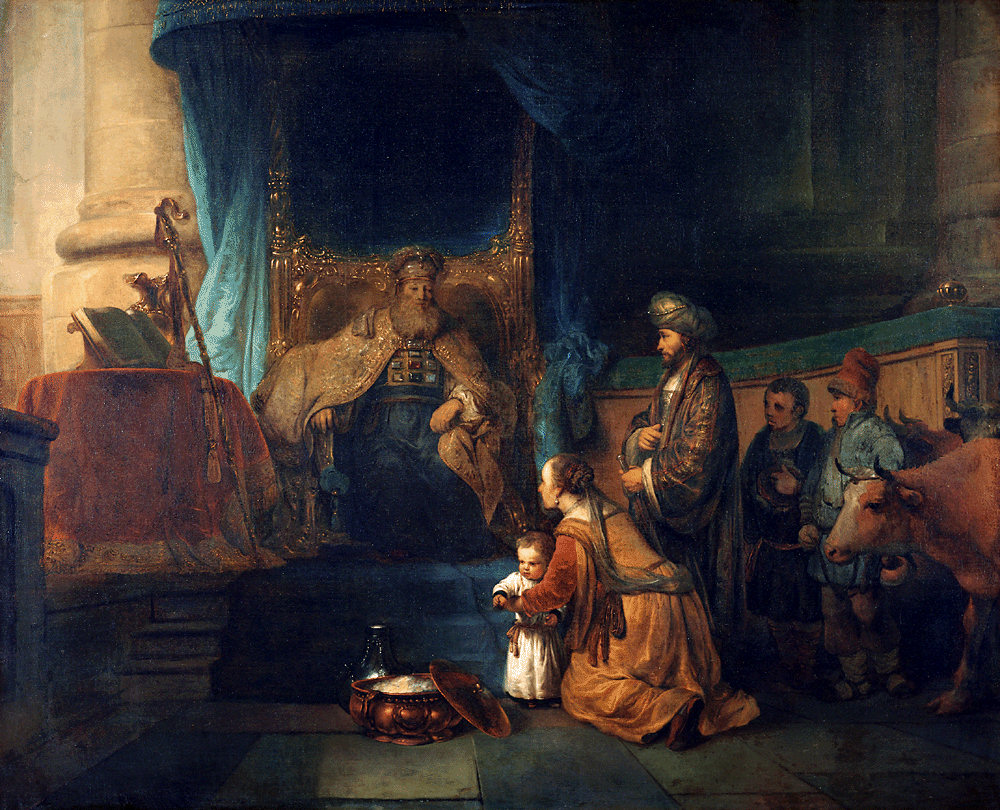
The main topic of ‘Parashat Korach’ {פרשת קורח} (the weekly Torah portion of ‘Korah’) is Korah’s rebellion against Moses and Aaron (which we will discuss in great detail this week).
This week’s ‘Haftarah’ {הפטרה} (weekly Prophet’s portion) tells the story of the renewal of the kingdom which was made by Samuel the Prophet (1 Samuel: 11-12).
The link between Korah’s rebellion and the renewal of the kingdom as recorded in 1 Samuel is quite clear. Both biblical references emphasize an element of rebellion by the people against the ‘representative of God’ such as Moses and Aaron in the case of the weekly Torah portion as well as Samuel in the case of the weekly Prophet’s portion.
If one looks closely, one will notice that even some of the terminology in both biblical sources, is similar as we are about to see. Here is what Moses said about the accusations against him:
“And Moses was very angry and said to the LORD, “Do not respect their offering. I have not taken one donkey from them, and I have not harmed one of them.” (Numbers 16:15)
And here is what Samuel said about loyalty and honesty while serving the people:
“Here I am; testify against me before the LORD and before his anointed. Whose ox have I taken? Or whose donkey have I taken? Or whom have I defrauded? Whom have I oppressed? Or from whose hand have I taken a bribe to blind my eyes with it? Testify against me and I will restore it to you.” (1 Samuel 12:3)
These two biblical stories share another very interesting ‘hidden’ connection between them. According to the Jewish tradition. Samuel the Prophet was one of Korah’s descendants (Korah’s sons did not die in his rebellion against Moses) and the fact that he (Samuel) found himself in a similar situation of what Moses had experienced is a kind of a ‘biblical closure’.
